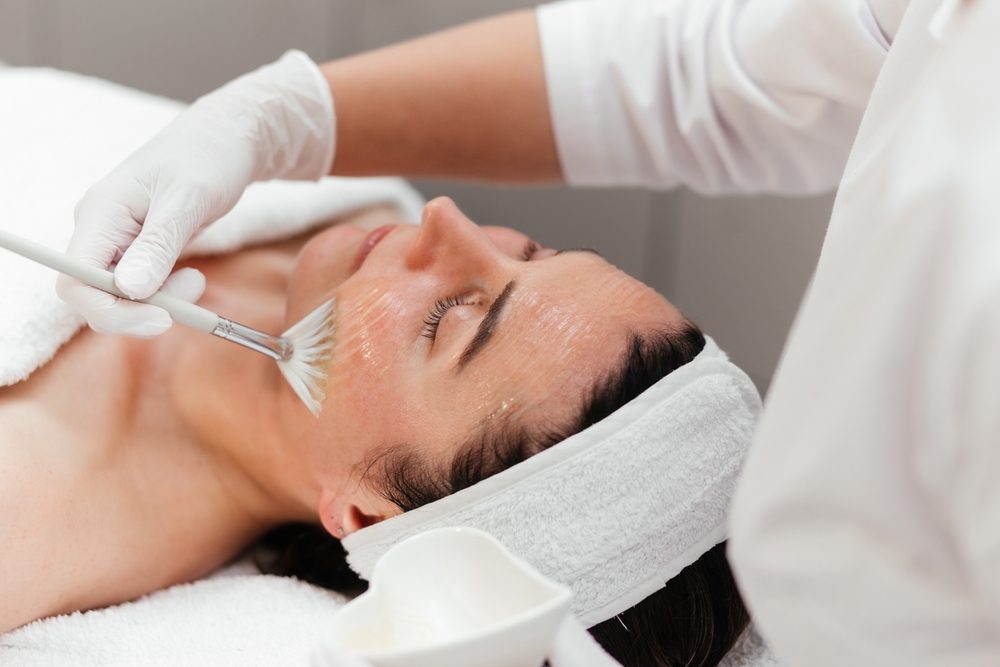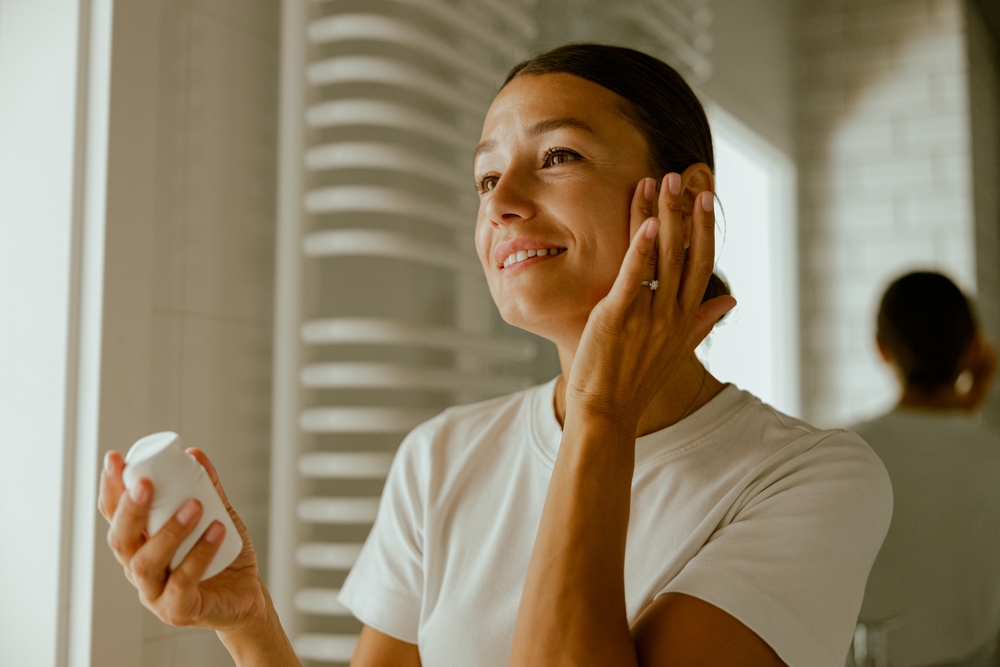
National Skincare Education Day: Why Skin Health Starts with Knowledge
Go BackJune 1st marks National Skincare Education Day, a day dedicated to promoting awareness about the importance of daily skincare and empowering individuals to prioritize their skin health. As the body’s largest organ, your skin is your first line of defense against environmental aggressors, pollution, UV radiation, bacteria, and more. Proper education about skincare not only helps you understand your unique skin type but also gives you the tools to protect and enhance your natural glow every day.
Why Skincare Education Matters
Understanding your skin is the first step toward long-term skin health. Skincare education teaches you how to choose the right products, build an effective daily routine, and prevent or manage common skin concerns like acne, dryness, premature aging, sensitivity, and hyperpigmentation. With the right knowledge, you can feel confident and informed when choosing products that work with, not against, your skin.
Step 1: Know Your Skin Type
Skincare is personal. What works for one person may not work for another. While genetics play a large role in determining your skin type, lifestyle, stress, climate, hormone fluctuations, sun exposure also influence how your skin behaves.
Here’s a simple guide to identifying your skin type:
- Normal: Well-balanced, smooth texture, no excess oil or dry patches.
- Oily: Noticeable shine, visible pores, prone to breakouts and congestion.
- Dry: Flaky, tight-feeling, rough texture, may feel itchy or sensitive.
- Combination: Oily T-zone with dryness on the cheeks or outer face.
- Sensitive: Easily irritated, prone to redness or stinging; may react to certain ingredients or environmental changes.
Identifying your skin type will help you select the most effective products and avoid those that may trigger irritation or imbalance.
Step 2: Build Your Core Skincare Routine
Despite the overwhelming number of “10-step routines” trending online, your foundation only needs three essential steps: Cleanse. Moisturize. Protect. These are the non- negotiables, no matter your age or skin type.
Cleanse
Cleansing removes makeup, sunscreen, excess oil, and pollutants. This step is essential to prevent buildup and ensure your serums and moisturizers absorb properly. Don’t forget often overlooked areas like the neck and décolleté. Failing to properly cleanse your skin can prevent your targeted serums from working effectively. Residual buildup will create a barrier that blocks active ingredients from fully absorbing into the skin, making even the best serums far less effective.
Moisturize
A moisturizer helps reinforce the skin’s natural barrier, preventing water loss and shielding the skin from irritants. When applied consistently, moisturizers support hydration, elasticity, and skin recovery. Choose a formula that complements your skin type and seasonal needs.
Protect with SPF
Proper sun protection is by far the most important step in any skincare routine. That means wearing sunscreen every single day—regardless of the weather conditions or whether
you’re staying indoors. UV rays can penetrate windows, and daily exposure without protection can lead to skin cancer, fine lines, texture changes, dark spots, and inflammation.
When choosing SPF, consider your skin type and the type of sunscreen filter that works best for you. Sunscreens fall into two main categories:
- Chemical sunscreens use liquid filters that absorb UV rays.
- Mineral sunscreens absorb, reflect, and scatter UV rays.
Each has its benefits depending on your skin’s needs and sensitivities. For optimal protection, experts recommend using a broad-spectrum SPF 30 or higher as the final step in your skincare routine.
Step 3: Go Beyond the Basics with Active Ingredients
Once you’ve mastered your core routine, you can gradually introduce targeted treatments to address specific skin concerns. Professional-grade serums, exfoliants, and treatments can help correct issues like pigmentation, acne, fine lines, or uneven texture.
Not all skincare ingredients are created equal. Active ingredients vary widely in type,
strength, and concentration, each delivering different results based on your skin’s needs. Understanding these differences is key to building an effective, personalized skincare routine that truly delivers results.
Key active ingredients to look for:
- Vitamin C: Brightens skin tone, boosts collagen, and fights free radical damage.
- Retinoids: Stimulates cell turnover, reduces wrinkles, and improves texture.
- Niacinamide: Strengthens the skin barrier, calms redness, and regulates oil.
- AHAs (Alpha Hydroxy Acids): Exfoliate to smooth texture and brighten dullness.
Pro Tips:
- Apply products from thinnest to thickest (think water-based first, oils last).
- Introduce one new product at a time and stay consistent; skin takes time to respond.
- Consult a licensed professional if you’re unsure how to use actives properly.
What to Avoid in Skincare
Some ingredients do more harm than good. When shopping for skincare, avoid the following:
- Synthetic Fragrance
- Artificial Dyes
- Parabens
- Oxybenzone
- Formaldehyde
- Phthalates
These additives can trigger irritation, disrupt hormones, or compromise long-term skin health.
Final Thoughts: Start Simple, Stay Consistent
If you’re new to skincare, stick to a simple routine that emphasizes consistency and care. Once your skin is stable and healthy, you can explore more advanced products or treatments with confidence. And remember, there’s no “one-size-fits-all” when it comes to skincare. The best results come from personalized routines and professional guidance.
Ready to Get Started?
Schedule a complimentary skin consultation at Straith Clinic Med Spa with our Licensed Aesthetician, Alexa. We’ll help you determine your skin type, build a routine that works for you, and recommend treatments that support your long-term skin health goals.
Call us at 248-270-5272 or visit StraithClinic.com to book your appointment.



